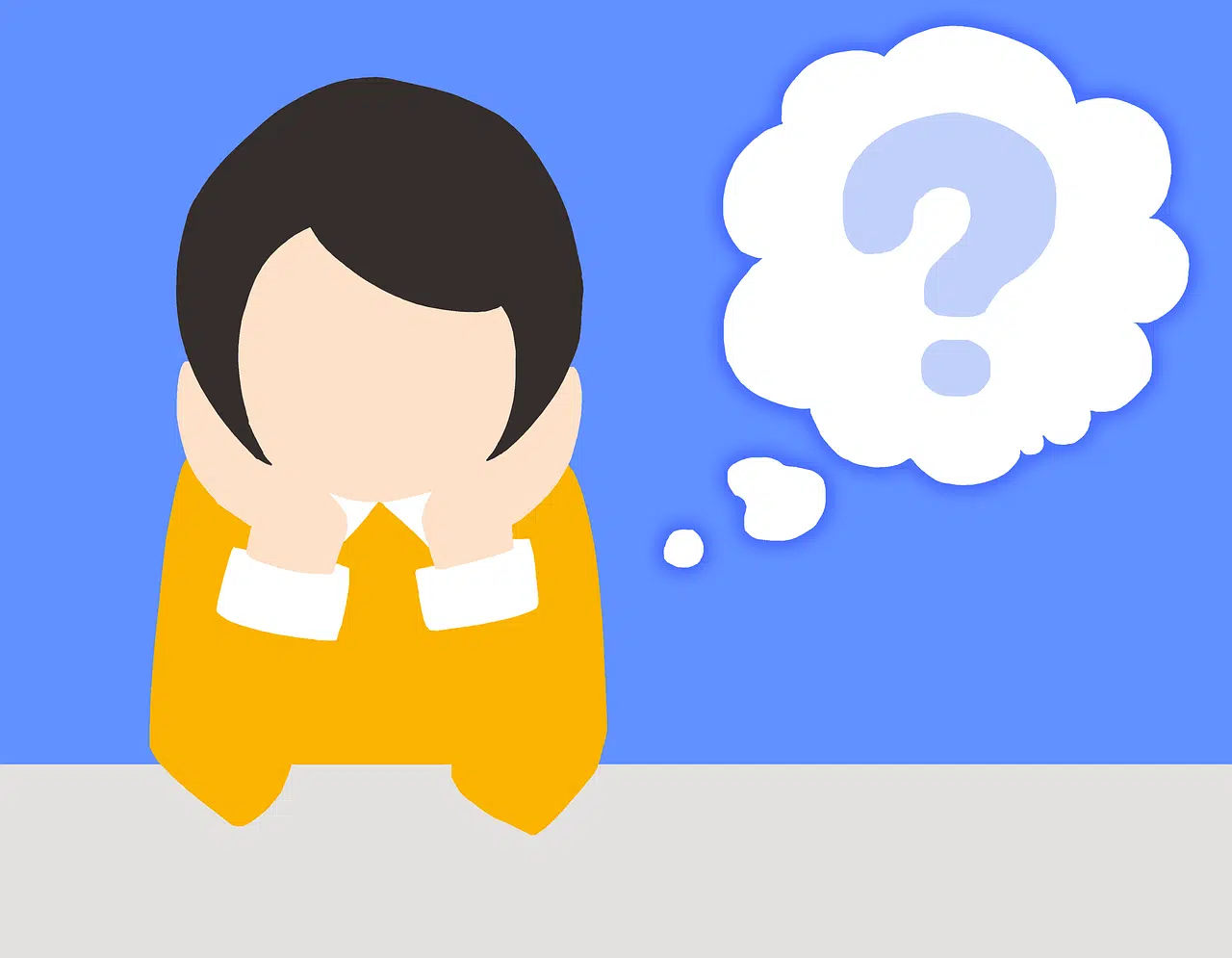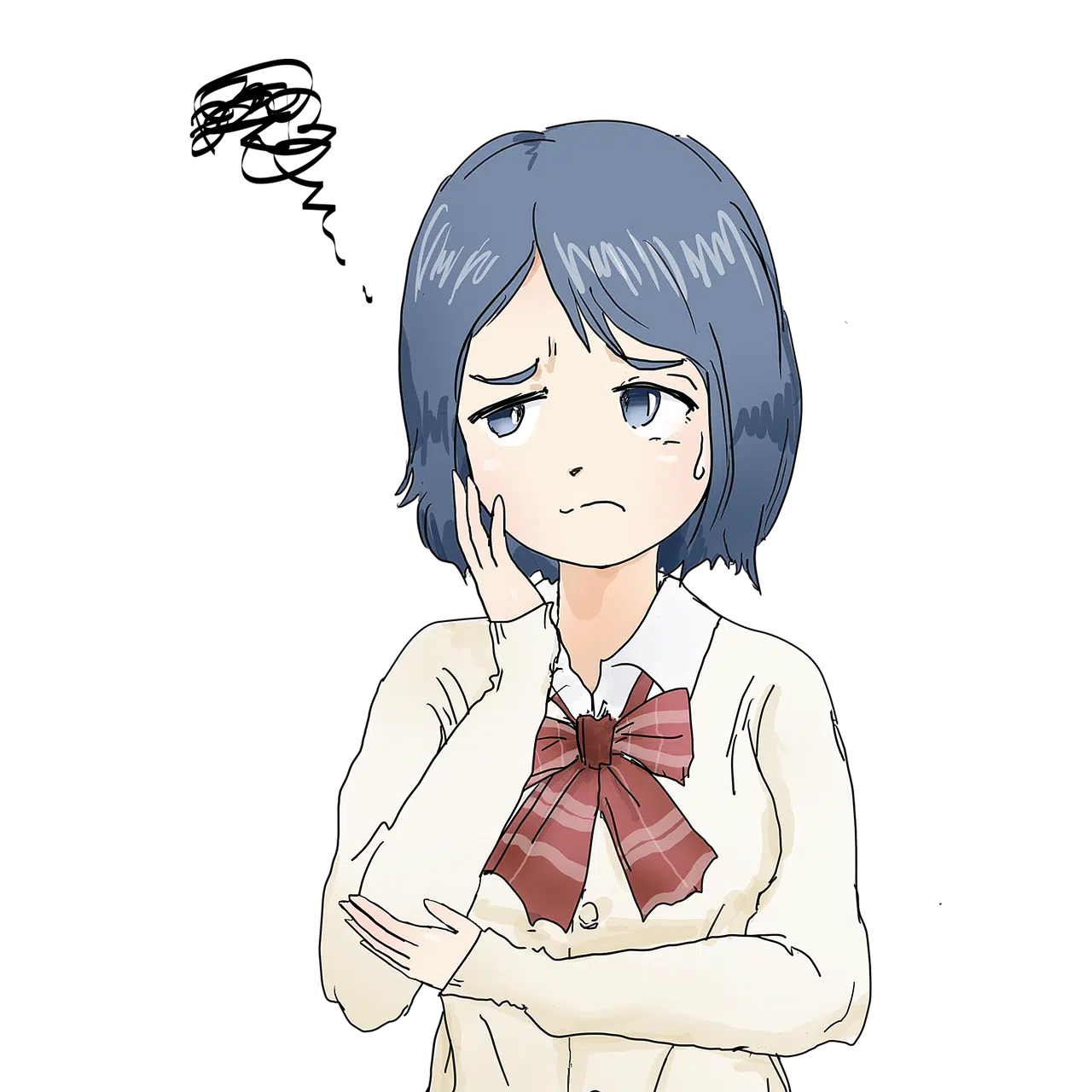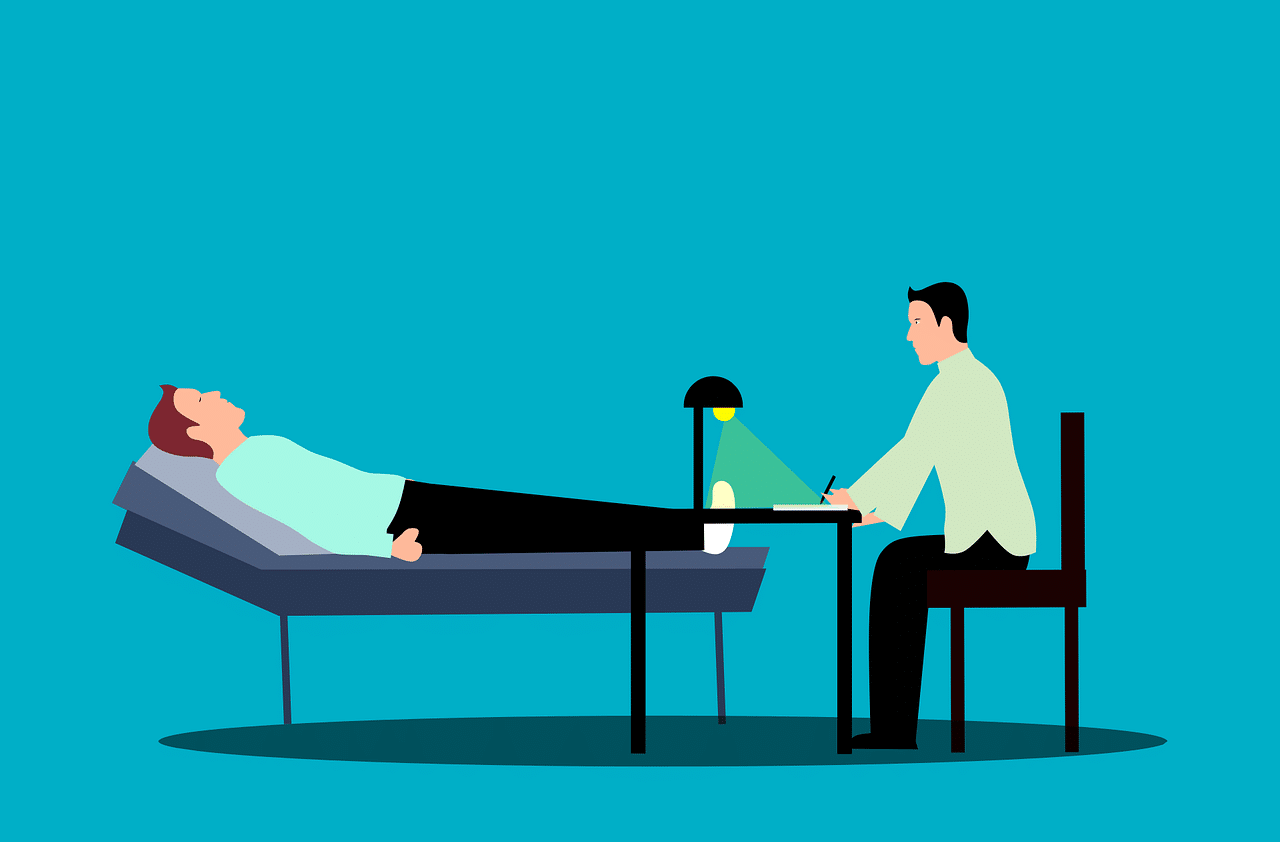
Anxiety is an emotion that puts a person on alert.
Anxiety is the condition of a person experiencing shock, uneasiness, nervousness, or worry . The term has its origin in the Latin word anxietas .
For medicine, anxiety is the distressing state that can appear along with a neurosis or another type of illness and that does not allow the patient to relax and rest. For example: "I feel great anxiety about tonight's recital" , "Try to control your anxiety, because in that state of nervousness things can go wrong for you" , "Great anxiety about the semi-final match" .
Anxiety as a common emotion
It should be noted that anxiety is not always a pathology , but rather it is a common emotion like fear or happiness . Anxiety, in this sense, is necessary to survive certain risks since it puts the person on alert .
When an individual is in a state of anxiety, his or her powers of perception increase because there is a need in the body to increase the level of certain elements that, in the situation, are below normal.
The dopaminergic system is responsible for alerting the body of what it needs, releasing signals to the central nervous system. It does it when we are hungry, thirsty or sleepy, and it leads us to look for all means to satisfy that need. Likewise, it is responsible for releasing adrenaline when we are faced with situations that we must face. It is a chain that consists of yellow alert, red alert and achievement of the objective; When the chain breaks, an atypical anxiety or stress situation occurs that can lead to the resolution of the danger or succumbing to fear. That is to say, when this innate faculty of the individual becomes pathological , an anxiety disorder appears.
According to the World Health Organization (WHO) , these disorders include panic attacks, obsessive-compulsive disorder ( OCD ), and phobias. To overcome anxiety disorders, professionals may provide anti-anxiety remedies or suggest psychological therapies.

Sometimes anxiety becomes a disorder.
a disorder
The responses that anxiety generates in a person are flight or fight . In ancient times these mechanisms arose when having to face the difficulties that life in nature presented to human beings; Although these problems no longer exist today, new ones have emerged that generate stress and anxiety in people. The danger is sometimes real, although other times it is conditioned by the experiences that each individual has previously had to face; The latter occurs, for example, in anxiety disorders. Fear works as a defense mechanism, but if the response it leads to is harmful to the individual, it is essential to dare to face it.
When fear generates paralysis in the individual's actions, it is called a phobia . This sudden reaction causes the subject to lose control of the situation and try to flee from the conflict. Some phobias can be acrophobia , claustrophobia and agoraphobia .
A person who suffers from a phobia experiences the onset of the disease when he or she must face that feared situation and this generally instigates the subject to escape (with anxiety symptoms and avoidance behaviors). In obsessive-compulsive disorders, its appearance is perceived when the individual struggles to prevail against his or her obsessive impulses ; Generally the reaction is also to flee from the conflict (self-harming or taking an attitude that is harmful to oneself or the environment). Another circumstance in which this feared reaction occurs is, along with separation anxiety disorders, when separation from parental figures and subsequent instability have been experienced.
Palpitations , hyperventilation , and sweating are some physical symptoms of anxiety. Regarding emotional health, the psychological symptoms of anxiety are fear , nervousness and anguish , among others.
According to studies carried out by psychiatrists, a certain degree of anxiety is good by positively collaborating in the formation of character , expanding knowledge and reinforcing creativity, since the experiences that have marked us allow us to have a notion of what we must protect ourselves from and discern what things cannot harm us.

When anxiety exceeds normal levels and affects the quality of life, it is necessary to undergo a psychological consultation or resort to mental health services.
Anxiety treatment
There are many ways to treat anxiety . Some specialists are inclined to reduce it to fear of the future, to the possibilities that we do not know that the "what if...?" , ensuring that the way to solve it is by achieving a recoding of these thoughts that helps the individual only live in the present.
Anxiety, in short, exists because people "settle" in the future and forget about the present, which is the only real thing. The moment the patient manages to return to his existence, the anxiety disappears.
Specifically, there are multiple treatments that can be carried out. Medication for anxiety , which should be provided by a psychiatrist, includes benzodiazepines and antidepressants . Of course, it can also be treated with psychotherapy , where the therapist talks with the patient to help them prevent and resolve anxiety crises and promote their personal development.
Mindfulness , meditation , yoga , physical exercise , healthy eating , therapeutic massages , aromatherapy and relaxation techniques in general also contribute to combating anxiety, improving the person's self-esteem and strengthening their resilience.
